Denver school board member John Youngquist is alleging that the board violated state open meetings law by misstating the purpose of a recent executive session, and by excluding him from that session because it dealt with a matter he had raised about his compensation.
Commentary
Whatever the results of the DPS superintendent search, the district must do some serious self-analysis to determine why many educators are passing up the opportunity to lead the district.
There are already rumblings of dissatisfaction with the the three finalists to become Denver’s next schools superintendent. But it isn’t exactly a plum job at this moment in time.
With more than $1.1 billion in stimulus dollars flowing into Colorado school districts over the next year, the big question is: will the students in greatest need of support get it, and in what form?
Three Denver Language School parents write about why language immersion education is important to their families.
Coming from a school board member who consistently trumpets her commitment to community voice, House Bill 21-1295 reeks not only of pique at the state board but hypocrisy as well.
The hundreds of community members who rallied last week to support school innovation zones are right to worry that the school board will ignore their pleas.
Completing the FAFSA significantly increases the odds students will continue their education beyond high school into a postsecondary education program of study. This fact is especially true among low-income students and students of color.
To continue the current, flawed approach to financial literacy education means maintaining economic inequities. All students, but especially students of color and those not classified as having “high” social-economic status, need and deserve access to these courses.
We are just in our first year, and yet the American Indian Academy of Denver (AIAD) is making history, providing an education that seemed unimaginable even 10 years ago.

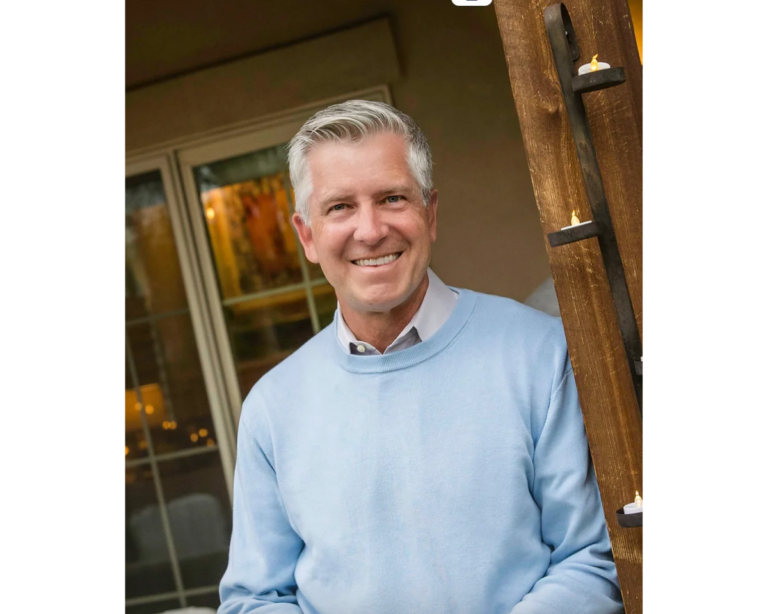
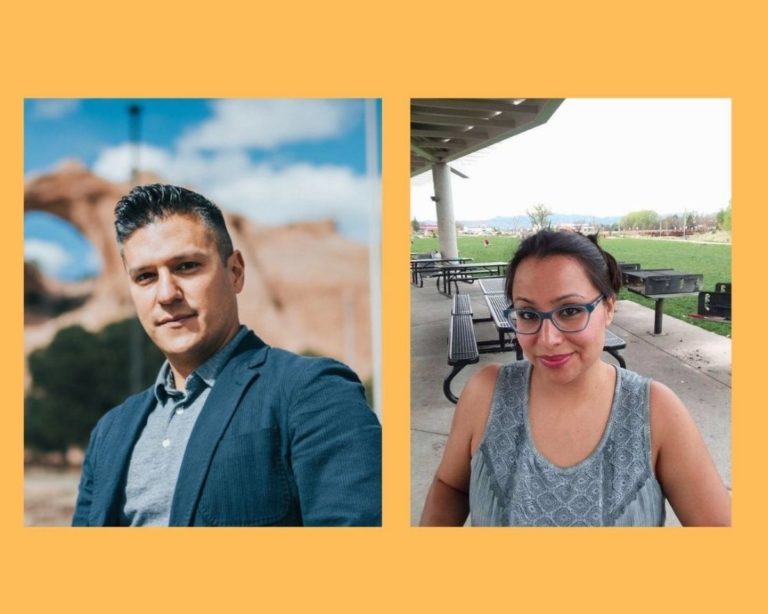
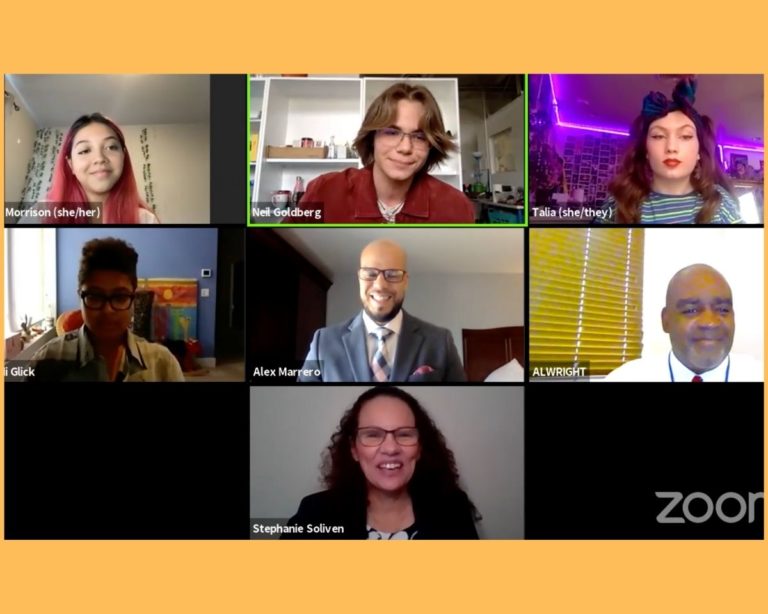
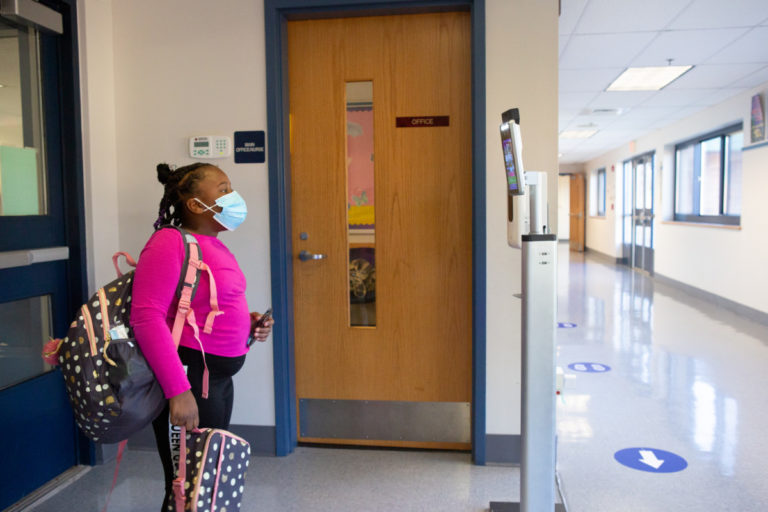
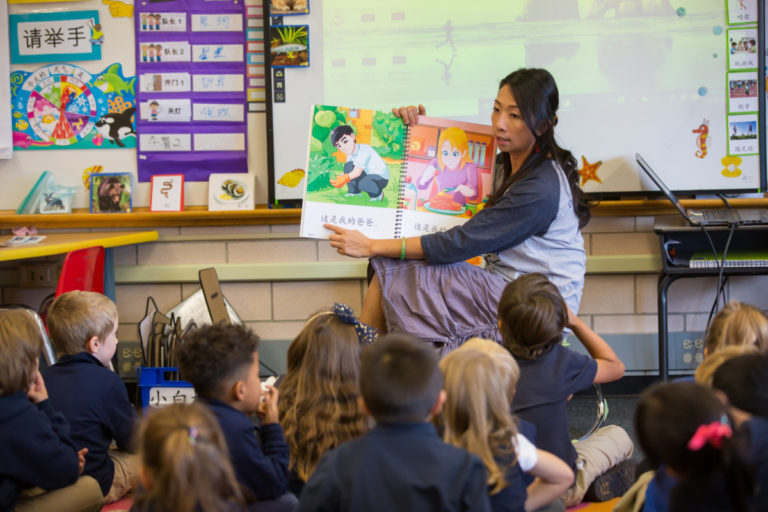

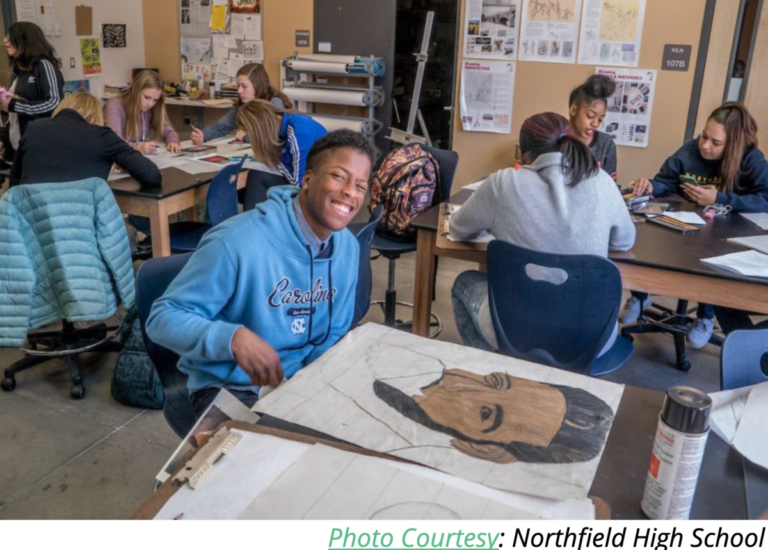




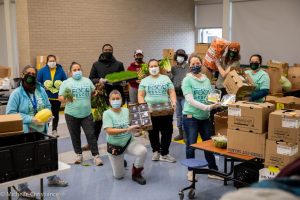


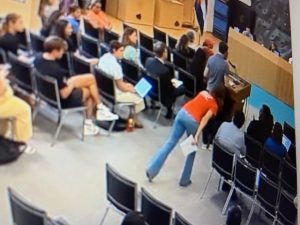

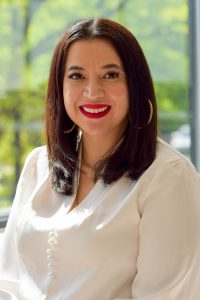
Young people are crying out: We need more mental health support
As a group of high school students from both urban and rural communities, we are banding together to make sure school systems prioritize our mental health. We have communicated that we need consistent mental health support, yet we are not receiving it.